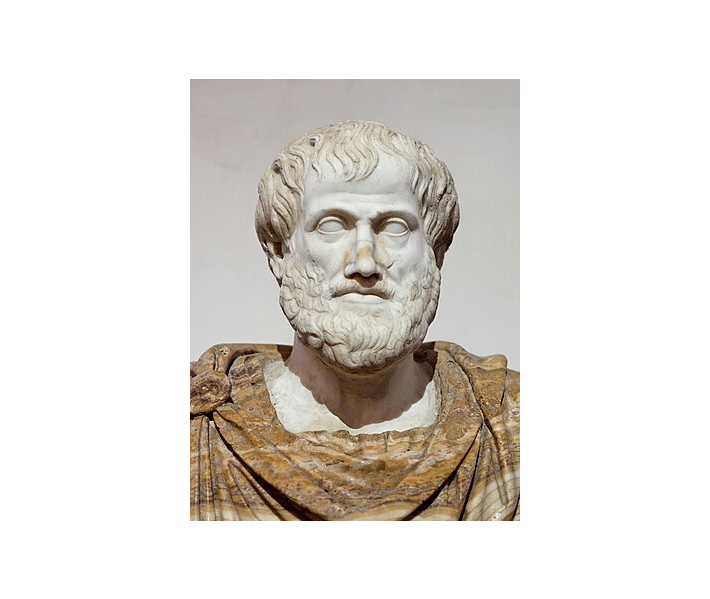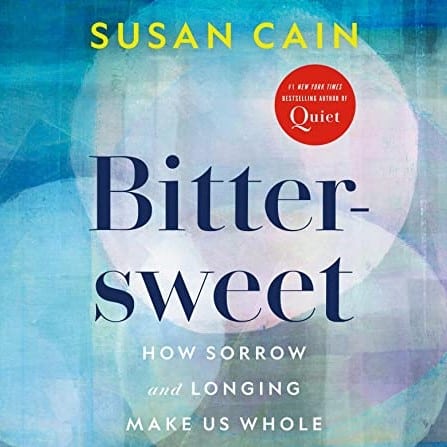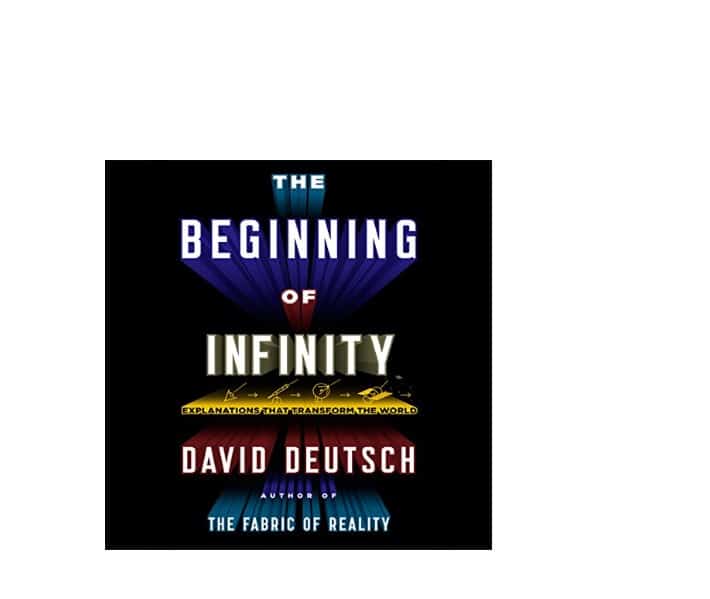Eudaimonia
Eudaimonia began with considerable ambiguity in Aristotle’s works but has since been enhanced by many others’ interpretations. This term took on a life of its own, has a rich history, and holds significance for all of us.
To begin, Aristotle used the term to describe the “highest human good”. He suggests that it is related to virtue, excellence, and ethical wisdom. It appears that Aristotle was trying to get his audience to have a personal experience of eudaimonia rather than come away with a precise meaning.
If that was his objective, it proved to be quite effective. Subsequently, there are countless examples in the literature where others have taken the term to heart and related stories of their pathways to the “highest human good”. Both the journey and the destination, in each case, add to the depth and expression of the term.
A dictionary of Greek philosophical terms attributed to Plato defines eudaimonia: “The good composed of all goods; an ability which suffices for living well; perfection in respect of virtue; resources sufficient for a living creature.” Ambiguity remains. We still have more room for enhancement and embellishment.
Returning to Aristotle, he acknowledges in his Nicomachean Ethics that not everyone agrees on what constitutes a life of doing and living well. He says, “…for both the general run of men and people of superior refinement… identify living well and faring well with being happy; but concerning what eudaimonia is, they differ, and the many do not give the same account as the wise. For the former, it is some plain and obvious things like pleasure, wealth, or honor…” Aristotle goes on to confess that defining a eudemonic life as one that is desirable and includes living well is vague. Rather than end abruptly, he throws out a few terms, such as a life of pleasure, political activity, and a philosophical life. In later work, Aristotle contributes expanded attributes for our term, but he presents them in a way that doesn’t restrict the definition but increases the relevance for a greater audience. It is a term that justifies its existence by insisting that it be defined.
Turning to the Stoics, they believed that eudaimonia was “a good flow of life” and “living in agreement with nature”. For them, the true source of happiness was wisdom, knowledge, and reason. The path to true happiness is to accept one’s natural situation and not be driven by the desire for pleasure. Morals and virtues are customary practices and have an absolute reality and force. This force has a natural affinity to act on us, and we can respond naturally. This is the order of nature. This natural order defines what is correct. The cardinal virtues of Stoicism are courage, temperance, justice, and wisdom.
Accepting all of the above as a firm foundation for understanding eudaimonia, we can now feel comfortable adding our contribution. To achieve the ‘highest human good,’ the definition should include a component that facilitates the growth and expression of the individual. A person’s agency peaks when she/he is properly positioned in the social and intellectual hierarchy. One should seek friends and associates with achievements, abilities, interests, and goals comparable to one’s own. Your thoughts, ponderings, and deliberations will be elevated above the mundane. Your conversations will be more stimulating. You will be well-connected to cultural and educational events. You will be living on an elevated plane. You will be experiencing eudaimonia.
Prior to commenting, please review our privacy policy at: https://findnewcontent.com/privacy/



